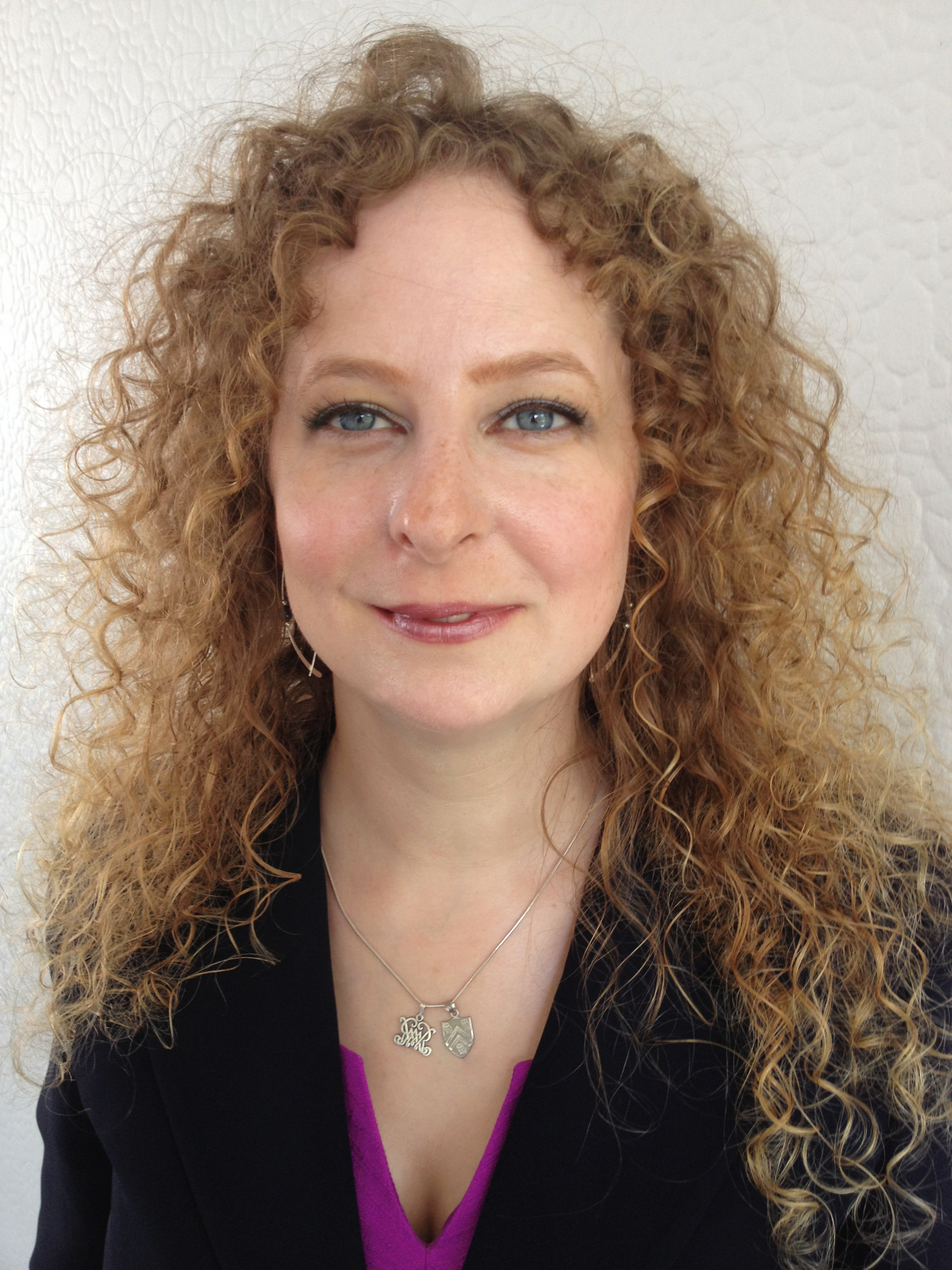Dawn M. Tilbury received the B.S. degree in Electrical Engineering, summa cum laude, from the University of Minnesota in 1989, and the M.S. and Ph.D. degrees in Electrical Engineering and Computer Sciences from the University of California, Berkeley, in 1992 and 1994, respectively. In 1995, she joined the faculty of the University of Michigan, Ann Arbor, where she is currently Professor of Mechanical Engineering with a joint appointment in Electrical Engineering and Computer Science. In January 2014, she became Associate Dean for Research and Graduate Education. Her research interests lie broadly in the area of control systems, including applications to robotics, manufacturing, and healthcare. She was Program Chair of ACC 2012 and will be General Chair of ACC 2014. She is a life member of SWE, and Fellow of ASME and IEEE.

